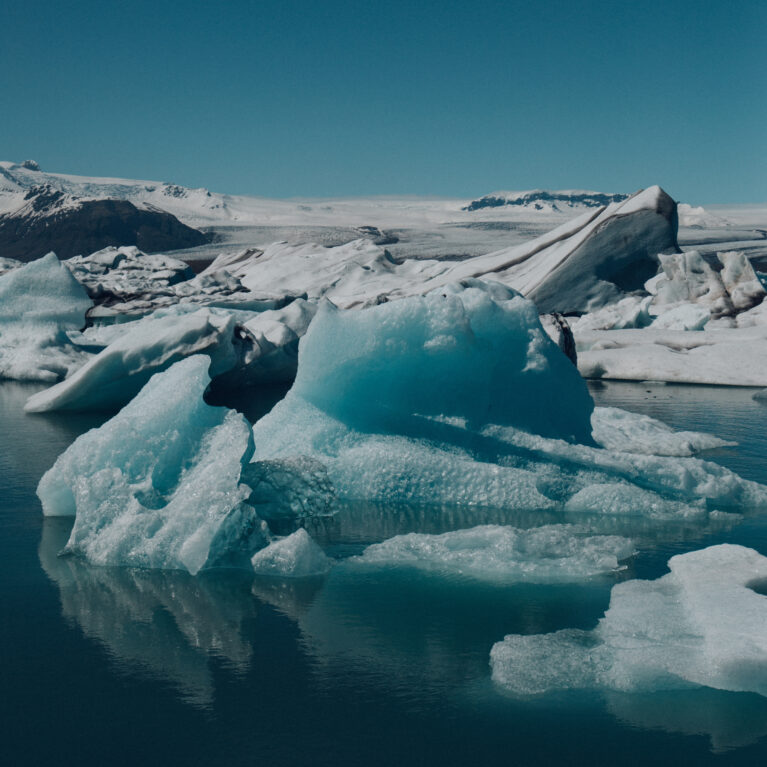Knowledge
A race against time is underway in the battle for the future of the planet. Will the global temperature rise exceed 1.5 degrees?

What are we fighting for?
How often do you think about climate change on Earth? If its fate is close to your heart, probably very often. So do we, because climate change is one of the biggest challenges for the modern world.
Of course - the Earth's climate fluctuates naturally, but the changes currently being observed are definitely accelerated by the activities of us humans, which presents us with a huge challenge: the fight for the future of the planet.
Worst case scenario
Some scientists believe that we are incapable of limiting the rise in global temperature to 1.5 degrees Celsius and that we should fight to keep it below 2 or even 2.4 degrees.
We firmly believe that together we will be able to stop the increase at 1.5 degrees.

What activities warm the climate?
The biggest contributors to greenhouse gas emissions are the energy, industrial, transport, agricultural sectors.
Countries with strong industrial development, such as China, the United States, India, Russia and European Union countries, contribute a significant proportion of global CO2 emissions. The problem in some of these countries, including China and India, is the still high share of fossil fuels, especially coal, in energy production.
Climate protection is a goal that requires the commitment and cooperation of all of us, and at every level - from individual actions to large global initiatives.
Radical changes in energy production, energy efficiency, waste management and agriculture are needed to effectively tackle climate change. This is based on a shift to renewable energy sources such as solar, wind and hydropower.
GLOBAL MOBILISATION
-
Paris Agreement
Fortunately, there are those who care. At the forefront of the fight against climate change are a number of international institutions and initiatives, including the 2015 Paris Agreement, which aims to limit global warming. Have you heard of it?
-
Renewable energy
European Union countries feel a sense of responsibility for their economies and are actively pursuing emission reductions and a transition to renewable energy, as are some states and cities in the United States. Despite this, progress has been considerably slower in countries such as Russia and in some regions of Asia, where the economy relies heavily on fossil fuels.
-
Protecting the planet
Climate change is closely linked to the idea of sustainable development, which aims to meet the needs of current generations without jeopardising the ability of future generations to meet their needs. Do you agree that we should think not only about ourselves, but also about the planet we will leave to our children and grandchildren?
-
Future generation
Climate change is not only an environmental challenge, but also a social, economic and ethical one. The actions we take today will have far-reaching consequences for the future of our planet and all its inhabitants. Do you realise this?
What warms the climate?
The largest contributors to greenhouse gas emissions are the energy, industrial, transport and agricultural sectors.
-
energy sector
-
industrial sector
-
agricultural and transport industry
IS ALSO YOUR GOAL
Without immediate action, we will soon cease to talk about halting the growth of global
temperatures at 1.5 degrees Celsius above where they were at the time before we rapidly expanded industry, and we will begin to fear that we will not be able to stop at a 2 degree rise. The conclusion? No matter how old you are, where you live or what you do, this should be a top priority topic for you!
